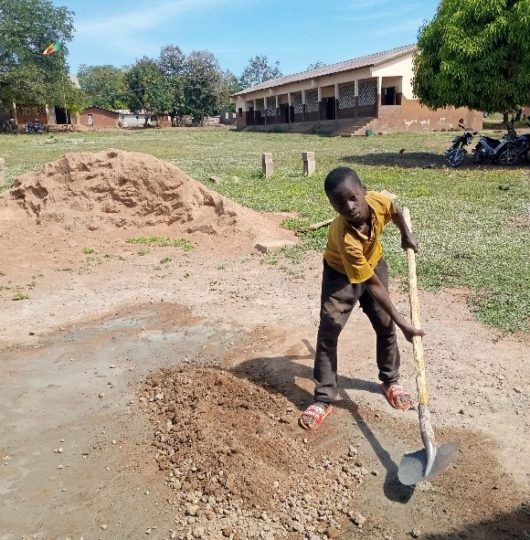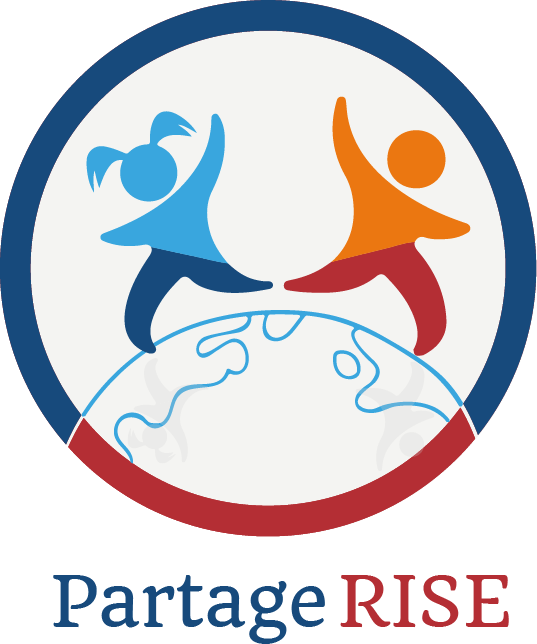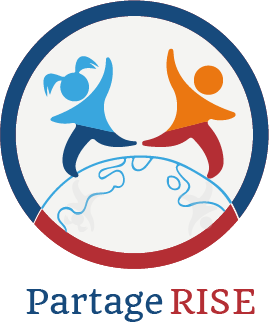In Benin, the admission rate is 143.24% for females and 153.54% for males, an average of 148.40%. The average completion rate for both sexes is 65.41%. For various reasons, Beninese children of school age drop out of school to learn a trade.
The children of the village of Atokolibé in the commune of Bantè are not immune to this phenomenon. The most popular trades are sewing, hairdressing, carpentry, metal welding, motorcycle mechanics and vulcanization. However, article 223 of the Children’s Code stipulates that a child must be at least 14 years old and have completed primary education before being admitted to an apprenticeship. The decision to enroll in an apprenticeship is almost always made by parents who, lacking the means to pay for their child’s schooling, see it as a springboard to self-employment.
For the past year, Noé, 12 years old, has been learning masonry from his paternal uncle. His parents took him out of school when he was in fifth grade. “I walk miles every day to get to the construction sites. I prepare the mortars and serve them to the boss. I also reconcile the bricks. In order not to slow down the work, I often take one or two bricks. I only rest at lunch time. My boss gives me 300 F CFA or 0, 45 Euro for the three daily meals. During the rainy season, I go to work with him in his field » says Noé.
Like him, many young children in the intervention area of RACINES are of school age and end up in workshops for vocational training. Aged 10, 12, sometimes even 8, they leave the school system for apprenticeship. “As soon as I see that one of my children is not working at school, I automatically enroll him in an apprenticeship so that he doesn’t lose time,” testified a parent. This is confirmed by Mr. Paul DJIDEME, Director of the school of Atokolibé A. “We often notice that some of our learners, although they are not old enough to be apprenticed, unfortunately end up in hairdressing, sewing and sometimes masonry salons. Our multiple sensitizations to their parents for a change of behavior have not yet improved anything”.
Ignorance of the laws on children and learning causes serious and sometimes irreversible harm to child learners. To remedy this, Mr. Tobias GBAGUIDI, Head of the Zou/Collines Program Unit of RACINES, suggests that parents should be helped to understand that the higher the level of education of the child, the better the chances of organizing his or her business, once the apprenticeship is over. He also calls on the guarantors of children’s rights to raise awareness on the subject. And public decision makers to take their responsibilities to discourage the practice. RACINES is already doing a remarkable job, but it does not have the power of repression, he concluded.
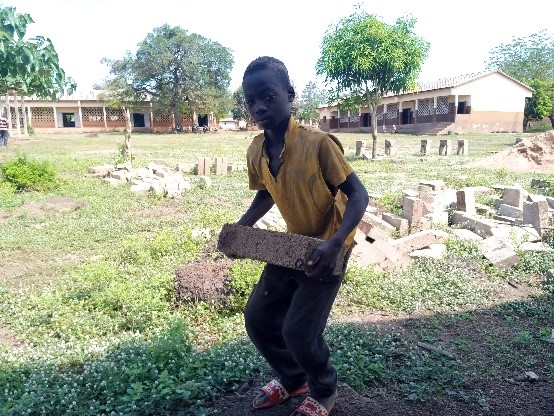
Video produced by beneficiary children, in the form of a skit, to talk about their rights:
